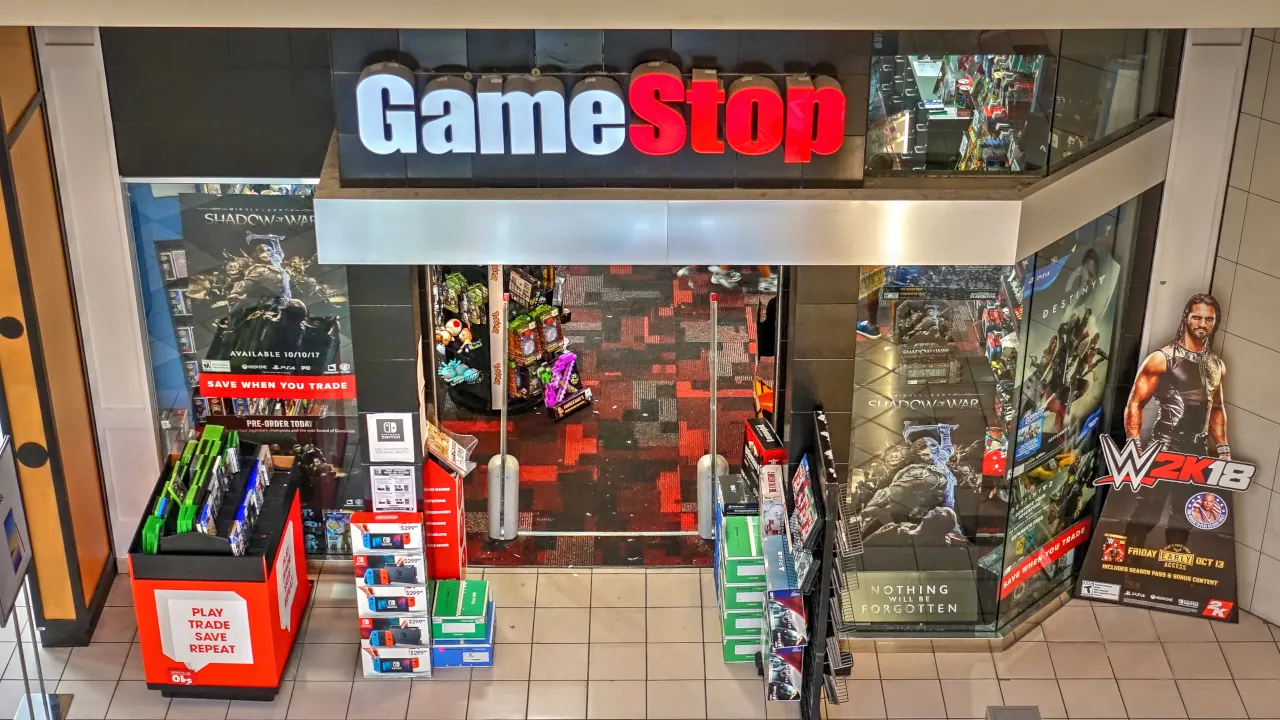Strive Asset Management is still pushing GameStop to buy as much Bitcoin as it can, and as quickly as possible. But there is ongoing debate within the company about how much Bitcoin GameStop is willing to buy, Strive CEO Matt Cole told Decrypt on Thursday.
“You should expect that they're going to buy some Bitcoin,” Cole said. “But I don’t think it’s decided how much they will go in that direction.”
The video game retailer announced a month ago that it could start purchasing Bitcoin as a treasury reserve asset following an update to its investment policy. It subsequently raised $1.5 billion through an offering of convertible senior notes.
It’s a tactic that mirrors Strategy, formerly MicroStrategy, whose founder Michael Saylor wrote the playbook for acquiring swathes of Bitcoin using corporate debt—to the tune of $51 billion worth of BTC so far.
In addition to the funds that it recently raised, GameStop was already sitting on $4.7 billion in cash and cash equivalents, per its latest earnings report.
According to Cole, there’s been “a pull and a push” among GameStop’s stakeholders as to whether the company will be able to “go all in” on its Bitcoin treasury strategy. Opinions have been split on the company’s board of directors and in the prominent Reddit community Superstonk, which has become a go-to gathering place for GameStop fans over the years.
“There’s only a certain amount that I can say publicly,” Cole added. “The thing that is not appreciated to the full extent by people watching this in the Bitcoin community, is the degree to which other stakeholders at GameStop are not aligned with this strategy.”
GameStop did not immediately respond to a request for comment from Decrypt.
In February, Strive proposed that GameStop convert all of its cash into Bitcoin, describing the U.S. dollar as a “shrinking asset” due to inflation. Strive’s proposal also encouraged GameStop to stick to Bitcoin, lauding it as the only “true store of value” among digital assets.
Strive is not an activist investor in GameStop, but Cole said that the firm has “a fiduciary duty in the long-term value maximization of the company.” Strive’s clients have had exposure to GameStop in its exchange-traded funds, such as the Strive 1000 Growth ETF, he added.
GameStop’s stock price has increased 8.5% over the past month to around $27.60 per share, according to Yahoo Finance. Year-to-date, shares have slid 12%.
GameStop, which recently posted a full-year profit of $131 million on $3.8 billion in sales, is credited as the first meme stock. It earned that moniker by gaining popularity within communities like Reddit’s WallStreetBets during its historic pandemic-era short squeeze and price surge.
As one of the most popular stocks among retail traders, Cole said that GameStop is “pretty much the perfect company” to adopt Bitcoin and capitalize on its volatility by issuing debt at attractive rates. However, he said the company bears all the signs of a zombie company.
“We wanted them to go all in, not half-go into this strategy,” he said. “At a certain point, that company will die unless they fix their structural issues.”
Edited by Andrew Hayward

